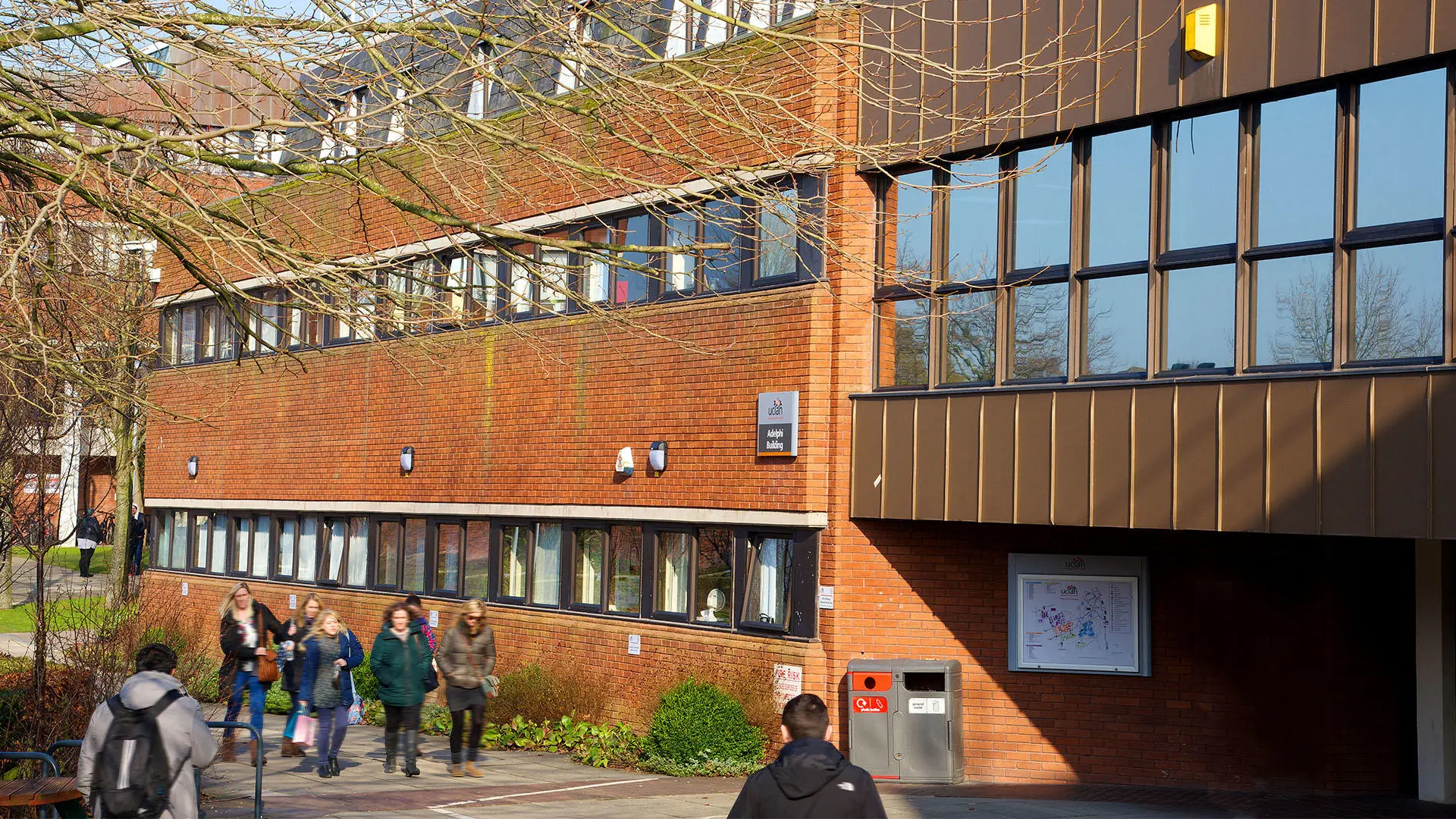Children and young people are seldom taken seriously as experts on their own lives, particularly those who are marginalised due to disability, economic or social circumstances.
Such children face discrimination and a lack of opportunities in education and future employment. The AHRC funded, interdisciplinary research led by Professor Candice Satchwell explores and harnesses the benefits of storytelling as a means of eliciting voice and empowering participants while producing outputs accessible to wide-ranging audiences. The project, Stories2Connect, enables young people to tell their stories of resilience and transformation that might not otherwise be heard.
Stories created by, with, and for young people with disabilities and other forms of disadvantage (eg bereaved, in care, with mental ill-health or living in areas of deprivation) convey voices of young people seldom heard. This research aims to enhance the well-being and resilience of these young people. The research has improved the confidence, capabilities and social and literacy skills of a core group of 13 such young people and around 40 disadvantaged others. The team of academics, young people, Barnardo’s, and community writers co-produced 48 short fictionalised stories. One hundred sets of these have been distributed as print books throughout Barnardo’s, in schools and colleges, and to social workers and healthcare professionals in training and practice in UK settings. Digital audio/video versions are accessible to diverse audiences through five co-created interactive story-telling artefacts, a free mobile app, and the project website. This has provided a mechanism to change attitudes and organisational policies, as well as provide agency and increase wellbeing in young people and their families nationally and internationally.
Following on from Stories2Connect, new projects led by Professor Satchwell are exploring children’s and young people’s perspectives on nature and landscapes. As part of the UKRI-funded Landscape Decisions Programme, we aim to connect disadvantaged young people with natural environments close to where they live but which they seldom visit. Working with artists to create responses to these places, the young people will contribute their views to decision-making about access to land and uses of land.

